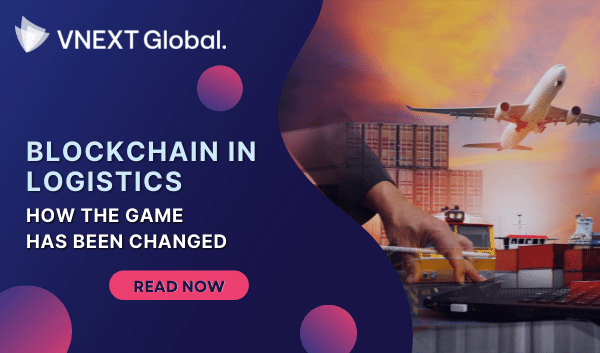A lot of logistics businesses worldwide have faced difficulties with regard to sustainability, visibility, and adaptability. These factors, together with the digital disruption brought on by the pandemic, have made it crucial for logistics organizations to adapt quickly to change through digitalization of logistics, supply chain management, and transportation. Applying blockchain in logistics can gradually solve problems in the sector. In this article, VNEXT Global, a blockchain development company in Vietnam, will show you significant blockchain use cases in logistics in recent years.
Difficulties Of Global Logistics Industry
1. Siloed transport and logistics activities
The supply chain, transportation, and logistics industries are becoming more and more dependent on the digitally driven buy-and-sell ecosystem. This change satisfies order requests, moves merchandise rapidly across borders, and offers at reasonable prices. Logistics stakeholders struggling with the absence of digital solutions, as a result, face many problems.
2. Overloaded information
With the present trade situation, the logistics sector creates and keeps enormous volumes of data and information. However, it becomes difficult to manage this data when it is divided and kept in many places. This, along with human data management and entry, results in inaccurate outputs that defeat the objective of improving client experiences.
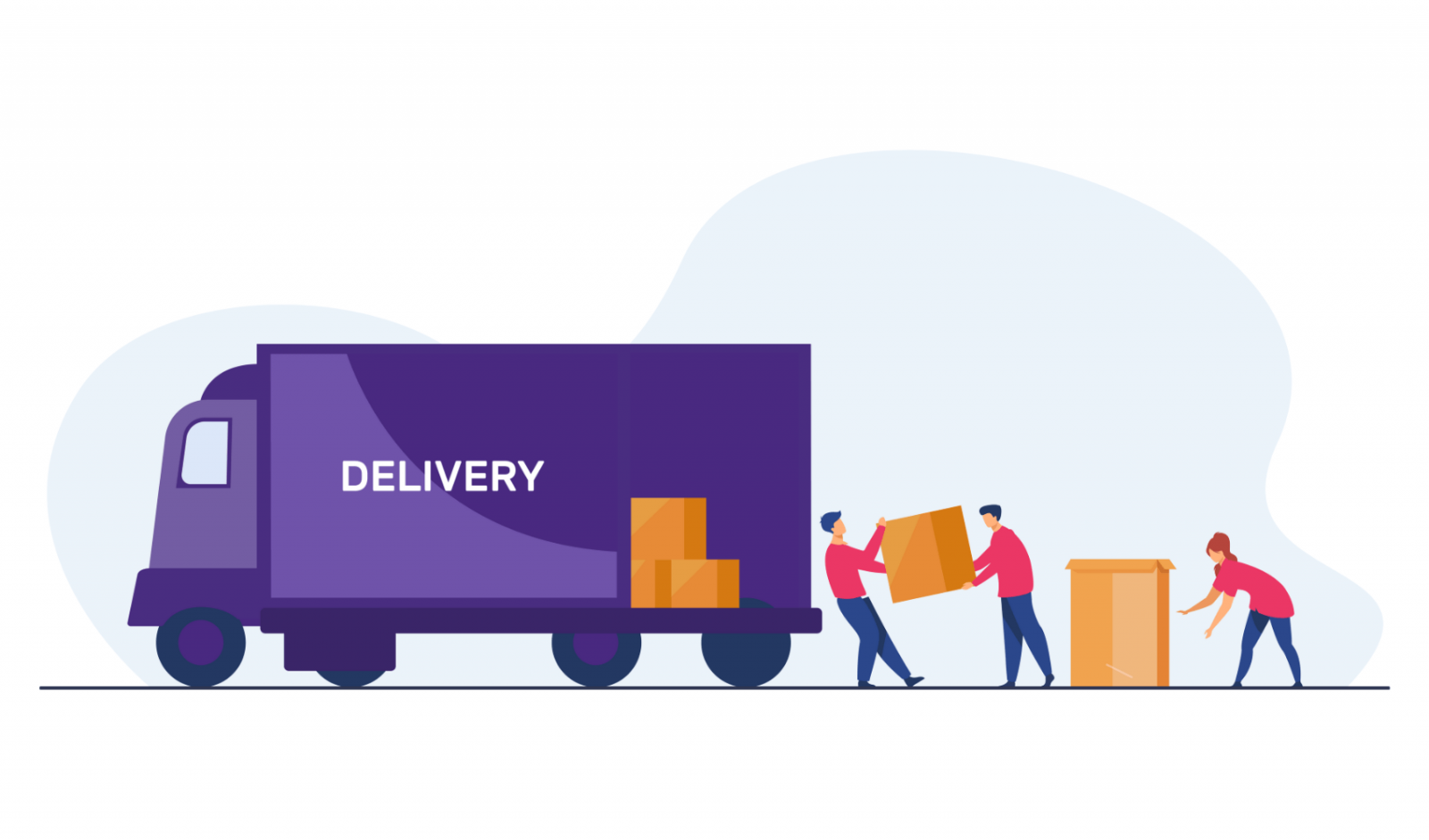
3. Absence of process automation
Transport and logistics operations run by humans are labor-intensive, slow, prone to mistakes, and ineffective. The Covid 19 pandemic is a “boom” to the global logistics sector. Process automation through the digitalization of transportation and logistics is necessary to have a comprehensive understanding of company operations and to support omnichannel consumer interactions.
4. Reliance on outdated systems
In addition to slowing down processes, old systems also reduce productivity and increase technical debt. The logistics sector has to embrace a contemporary method of doing business in order to expand without risks, and guarantee company continuity. It is time to switch out paper for a revolutionary digital logistics platform. However, it must work nicely with existing systems.
5. Absence of a mobility management strategy
Any plan for digital transformation must center on mobility. The complexity of processes, IT pain spots, and competitive dangers all grow as more gadgets demand a connected experience. Additionally, without a mobility management strategy, digital logistics solutions, particularly with the growing number of devices, not only fuel data silos but also fail to achieve projected ROI and market distinction.
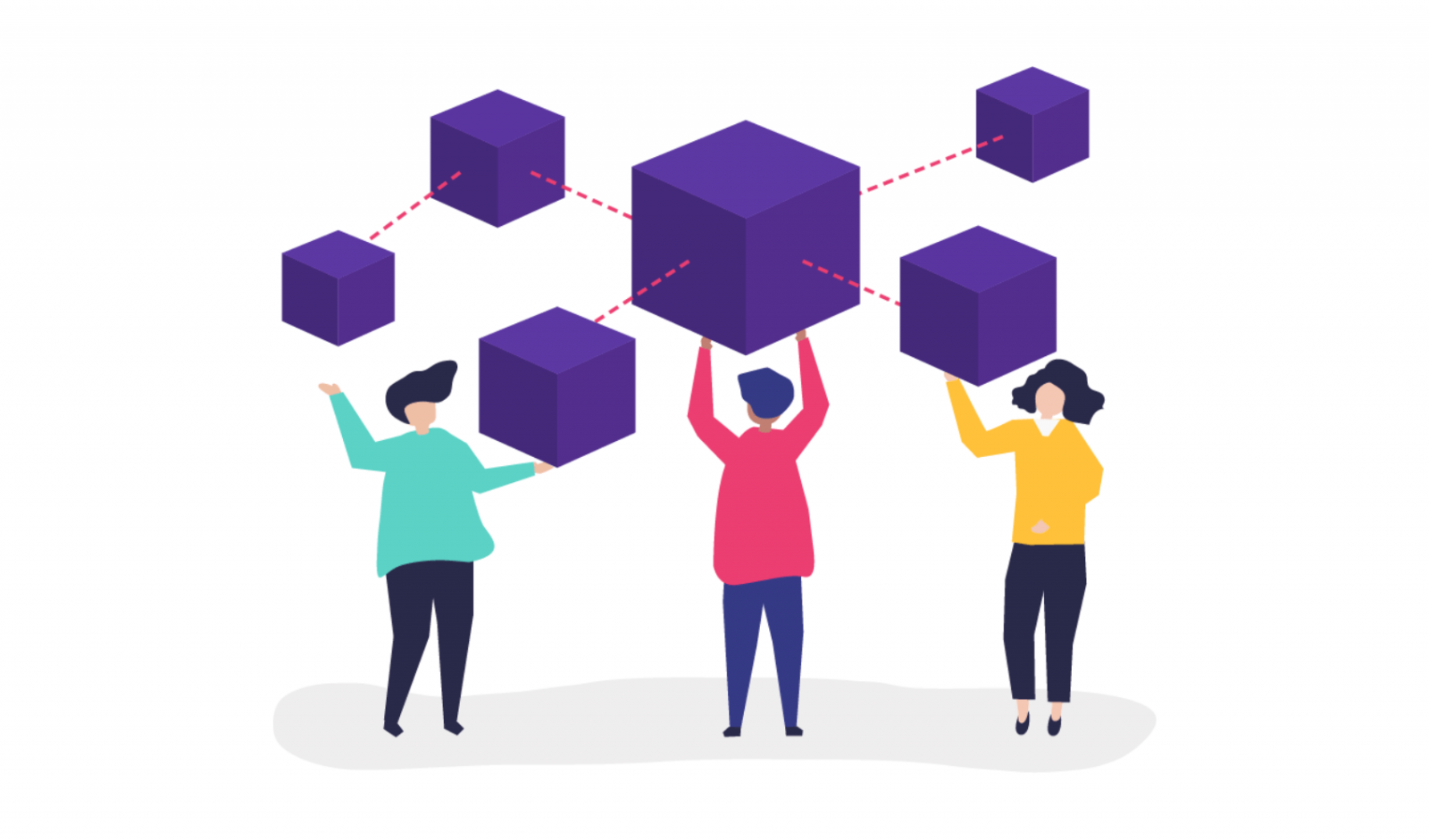
Blockchain Technology In Logistics: How Blockchain Greatly Changes Logistics Worldwide
1. Provenance
In logistics, provenance refers to changes in the ownership, custody and location of commodities. Some people consider provenance as an audit trail. Provenance helps people make sure about authenticity of commodities.
Blockchain in logistics, in this case, can trace the location while listing all stakeholders, such as regulators, distributors and retailers. This handles the flow of counterfeits, while also cutting down costs and eliminating duplicate tasks. Customers can also obtain information about the origin of the products.
2. Payment and Invoicing
Traditional invoicing and payments require manual and paper-based processes, which are time-consuming and cost-ineffective. Blockchain in logistics can deal with that problem. It can store and share digitized records. Also, blockchain in logistics can create smart contracts that automatically handle invoices and payments to shorten processing times and ensure accuracy.
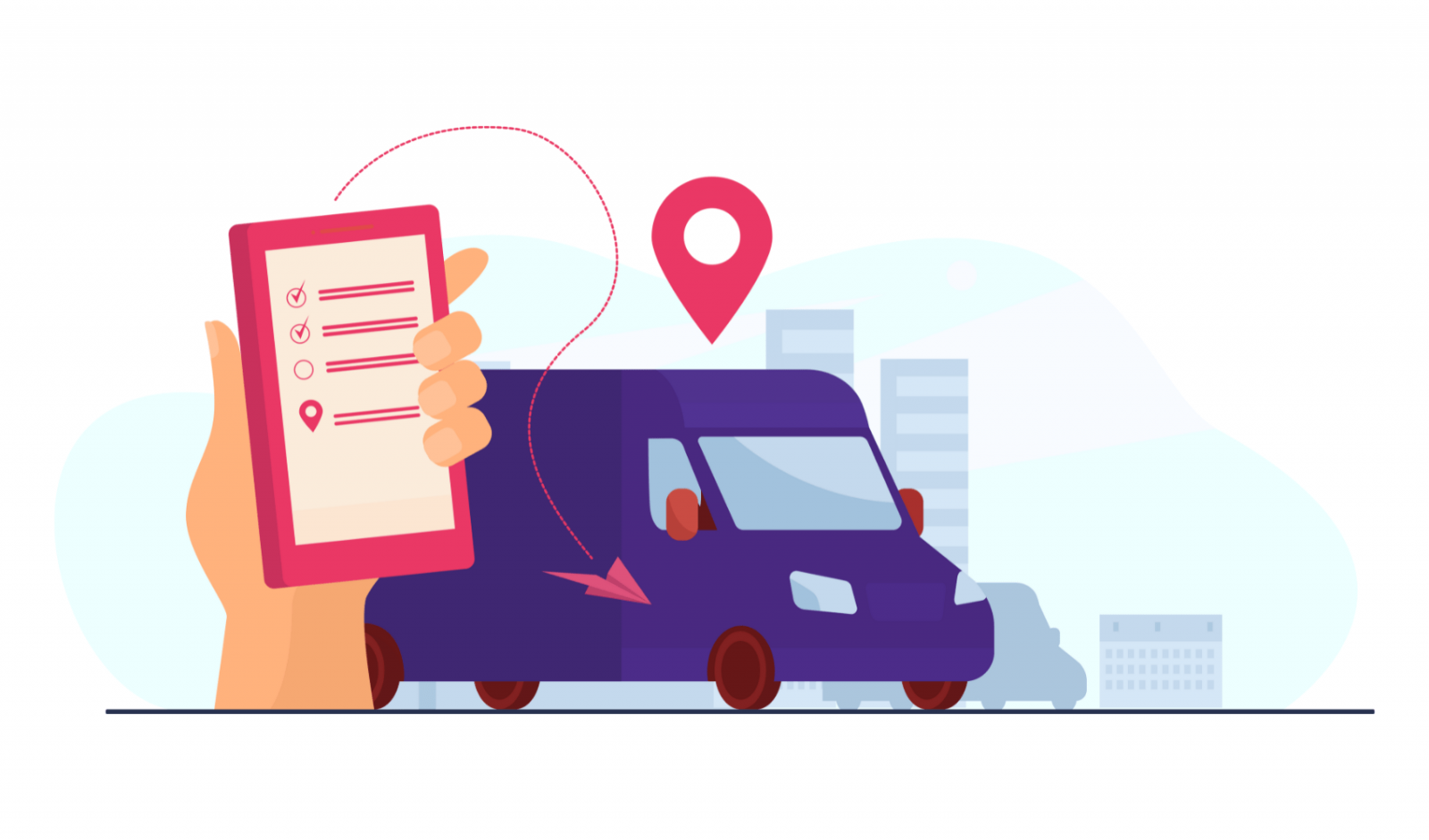
3. Digital Documentation
Applying blockchain technology in logistics can enable logistics digital documents. Blockchain can digitize documents such as B/L (bill of lading), invoices, PL (packing list), CO (Certificate of Origin) and so on. Real-time shipment data is also updated into blockchain-based systems.
4. Identity Management
Applying blockchain for logistics identity management makes the secure solution reach the higher level. It protects the identities of people from injuries or theft. Blockchain technology in logistics offers the management of access rights for companies to input information about departure and arrival of commodities, for example. Also, KYC (Know Your Customer) helps third-party providers to verify licenses, certificates by using blockchain-based identity management.
5. Logistics Marketplace
There are a lot of blockchain use cases in logistics enabling effective integrated communication. As a result, it improves trust, security and speed. Blockchain technology can also create marketplaces, or platforms where logistics providers share information about free capacity on boats and available containers.
Blockchain in logistics also offers an interactive marketplace. Stakeholders can see full traceability, carry out online payment, manage transport systems, and so on.
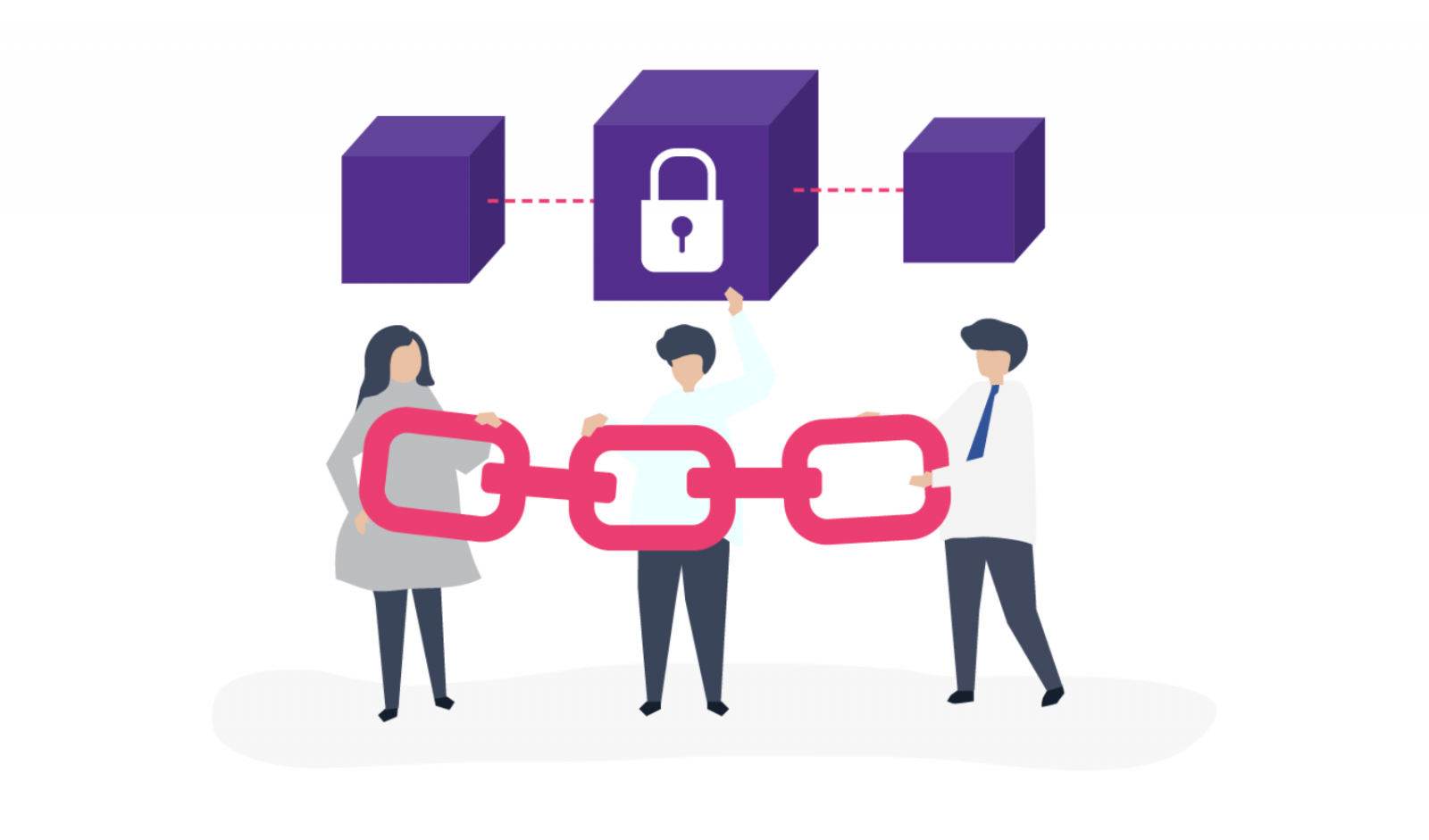
Final thought
There are a lot of blockchain use cases in logistics that greatly enhance the supply chain management worldwide. Your business should integrate transport management systems, good traceability systems, etc., with blockchain technology to increase productivity and effectiveness of operations, thus creating trust, security and commitment.
If you are looking for a trusted blockchain development company in Vietnam, VNEXT Global is the ideal choice. With 14+ years of experience, we surely can help you to optimize your business digitalization within a small budget and short time. Currently, we have 400+ IT consultants and developers in Mobile App, Web App, System, Blockchain Development and Testing Services. We have provided solutions to 600+ projects in several industries for clients worldwide. We are willing to become a companion on your way to success. Please tell us when is convenient for you to have an online meeting to discuss this further. Have a nice day!

